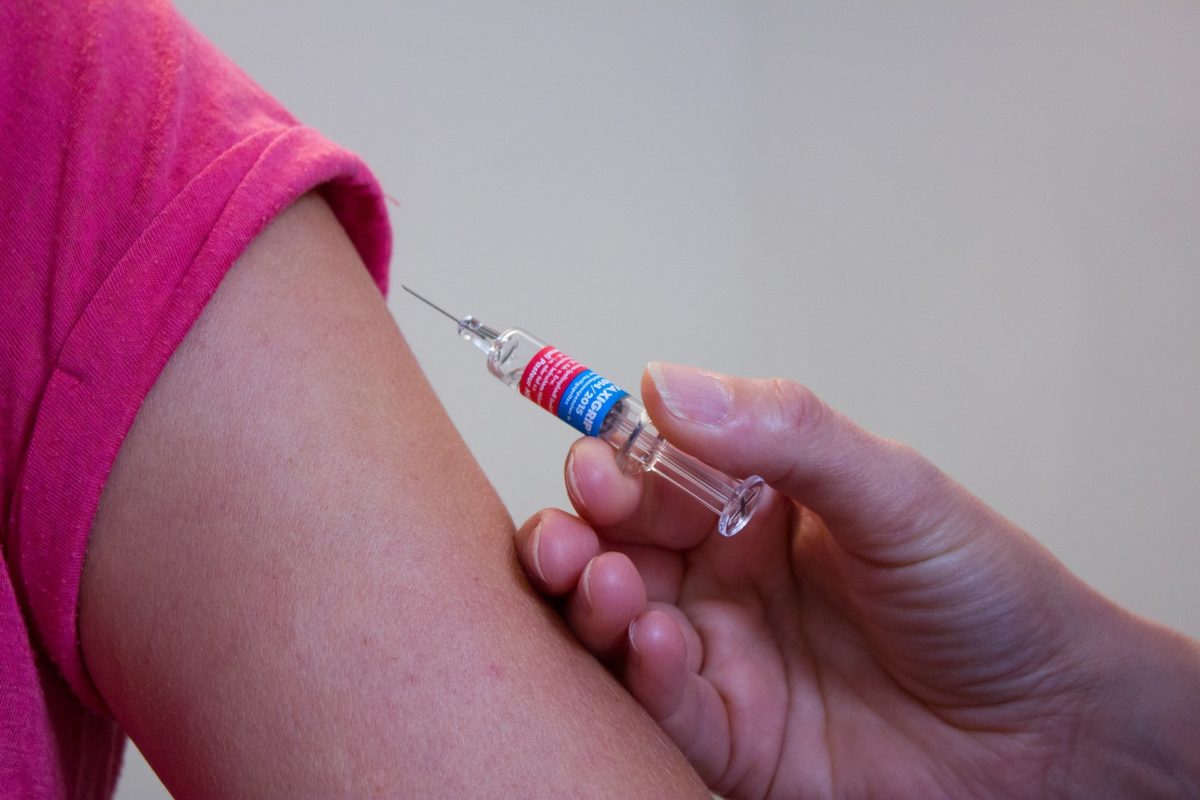KUALA LUMPUR, April 10 — Manufacturing new “halal” vaccines may inadvertently increase immunisation rejections as Muslims will mistakenly believe that existing vaccines are “haram”, doctors said.
New Straits Times (NST) reported Pantai Hospital Kuala Lumpur consultant paediatrician Dr Azam Mohd Nor as saying that vaccines’ halal status should not be an issue because effective medicines were permissible in Islam.
“Are we saying the current vaccines are not halal? Are these halal vaccines more effective? What will happen when there is shortage of stock? Do we give the so-called non-halal vaccines or do we wait? Are we willing to see children dying of measles, just because we want only halal vaccines?” Dr Azam was quoted saying.
“We should be very careful when we take this road. It will create anxiety, confusion and poor understanding of the whole situation. When there is a teaching that tells people it is permissible to take vaccine, the question of halal or haram does not exist.”
NST reported initiatives to manufacture halal vaccines in the region, such as Saudi Arabia’s Aljomaih Group’s Malaysian subsidiary AJ Pharma Holding that has launched formulation and fill-finish facilities for halal vaccines.
The health care investment company, which produces tetanus, diphtheria, pertussis (whooping cough) and tuberculosis vaccines, is reportedly expected to deliver the first vaccine by year end.
NST reported that Malaysia’s largest pharmaceutical company Pharmaniaga, in collaboration with the Technology Depository Agency under the Finance Ministry and India-based Hilleman Laboratories, planned to produce halal diphtheria and meningitis vaccines within the next five years.
The Health Ministry has repeatedly said that vaccines under the National Immunisation Programme are halal amid misinformation on social media.
Dr Azam reportedly said only the rotavirus vaccine, which protects against rotavirus disease that causes diarrhoea, was created with a porcine enzyme called trypsin. But the enzyme’s DNA disappears after the vaccine goes through the manufacturing and filtering process.
“Children infected with the virus suffer from diarrhoea, vomiting and severe dehydration. Unvaccinated children are at risk of dying from rotavirus. If we continue to argue about the vaccine’s halal status, more will suffer.
“Ask any Muslim doctor and he will tell you he does not stop giving rotavirus vaccine because it does not contain porcine element and it is permissible,” Dr Azam was quoted saying.
Columbia Asia Hospital Setapak consultant paediatrician Dr Khairul Zaman Omar reportedly said that even though optional vaccines like rotavirus, chicken pox and pneumococcal were cultured with porcine virus, but the end product no longer contained the property.
“I don’t know why people still don’t believe it. We have been using these vaccines for decades. Why does the issue of halal status only come up now?
“Unfortunately, the influence of social media has led to this confusion. People will still say the vaccines are not halal when they don’t have any supporting facts. In my opinion, parents will just use any excuse not to vaccinate their child and halal status is just one of the excuses,” he was quoted saying.
The Health Ministry is currently mulling making childhood immunisation compulsory, amid the rise in preventable diseases like measles and diphtheria, and a low measles, mumps and rubella (MMR) vaccination rate of 89 per cent, below the required 95 per cent for herd immunity.








